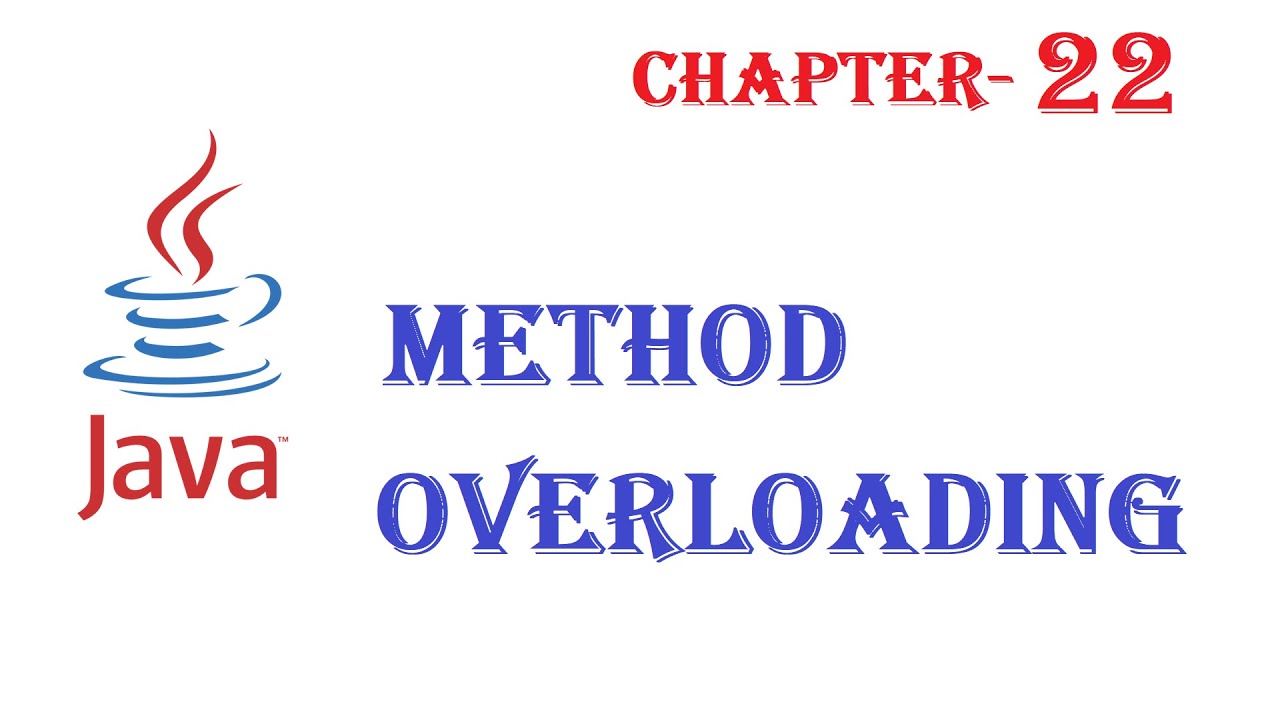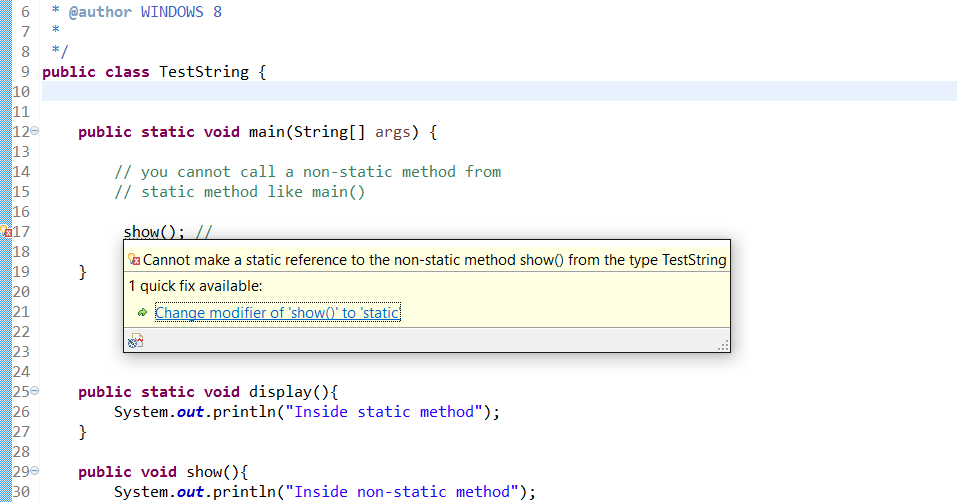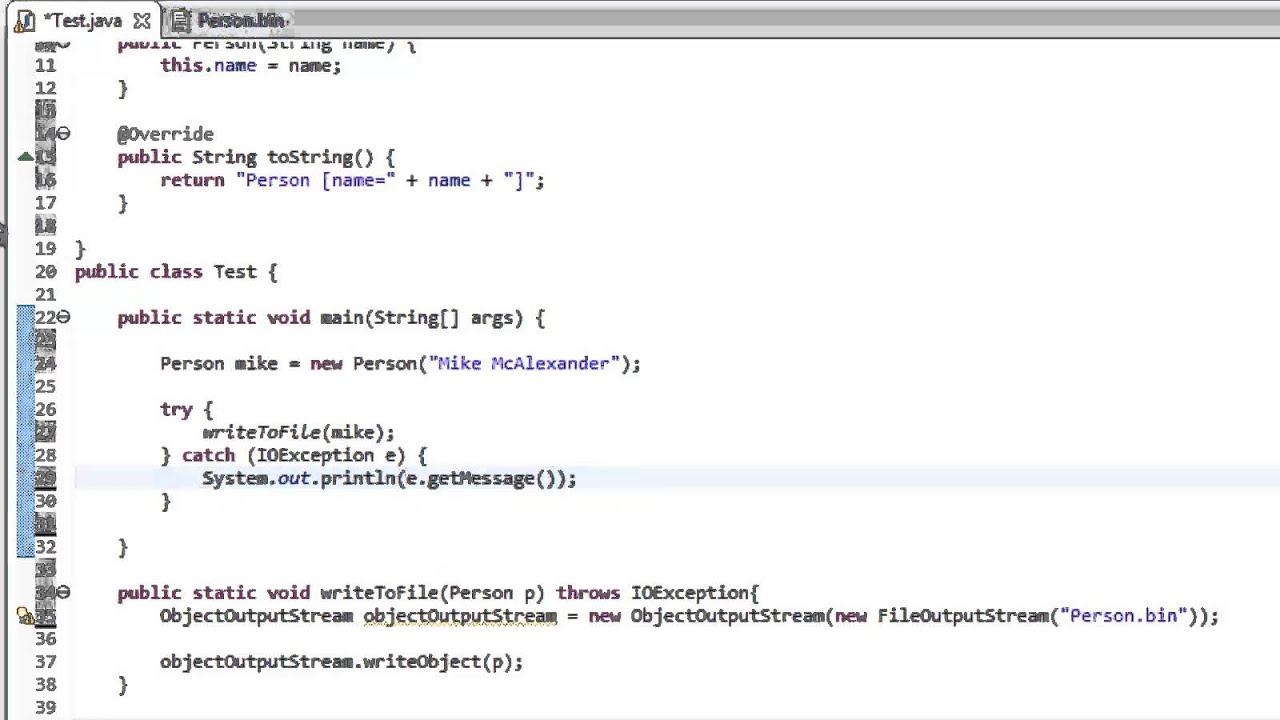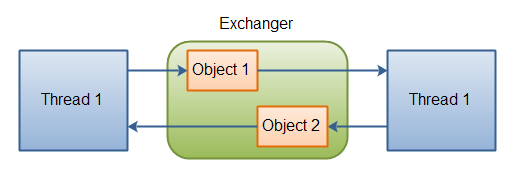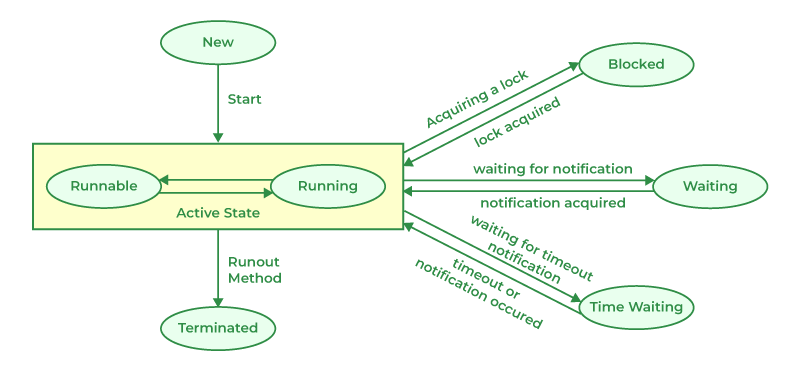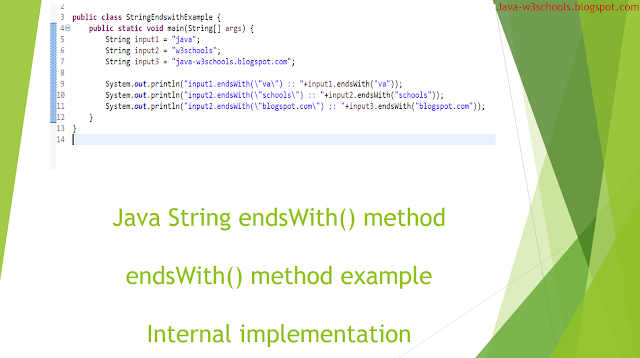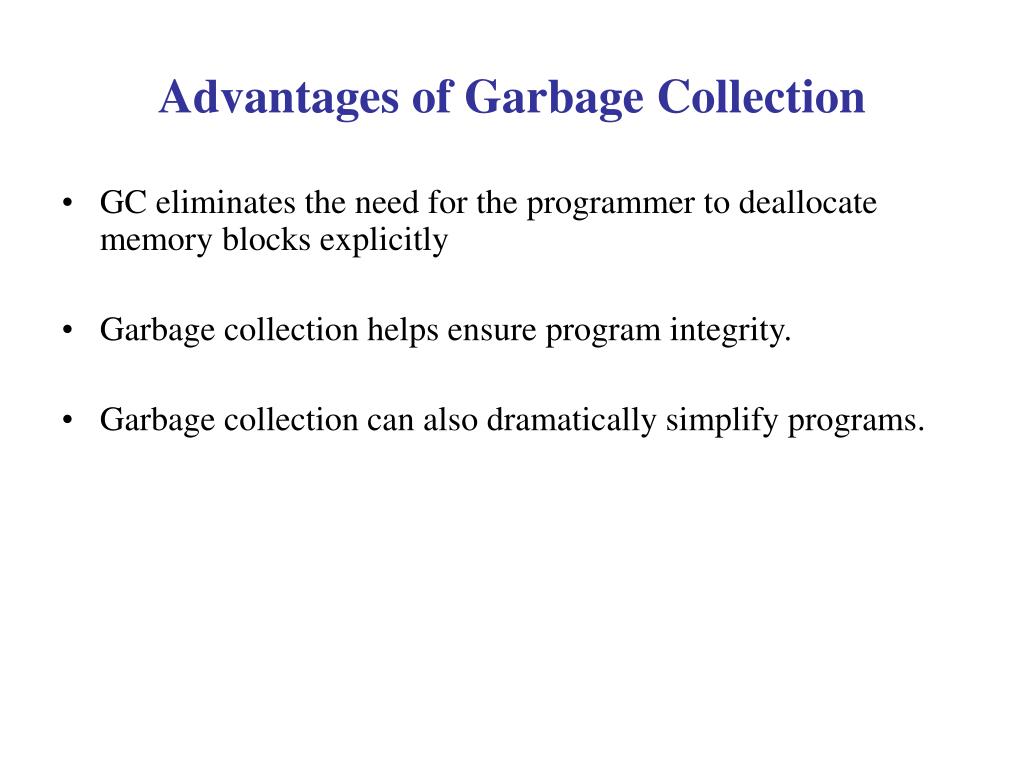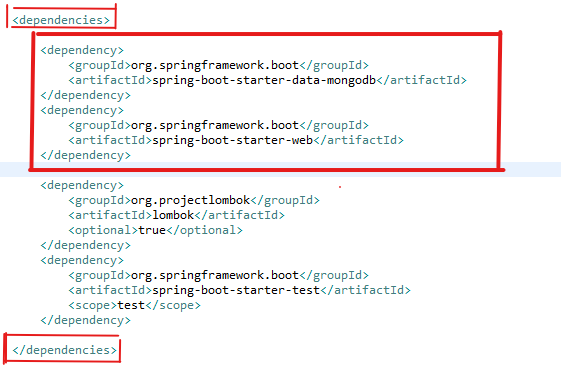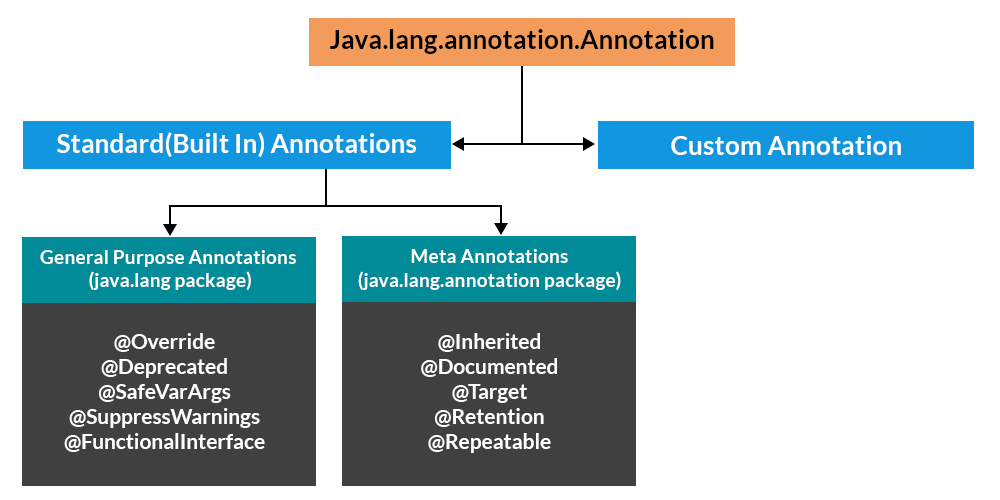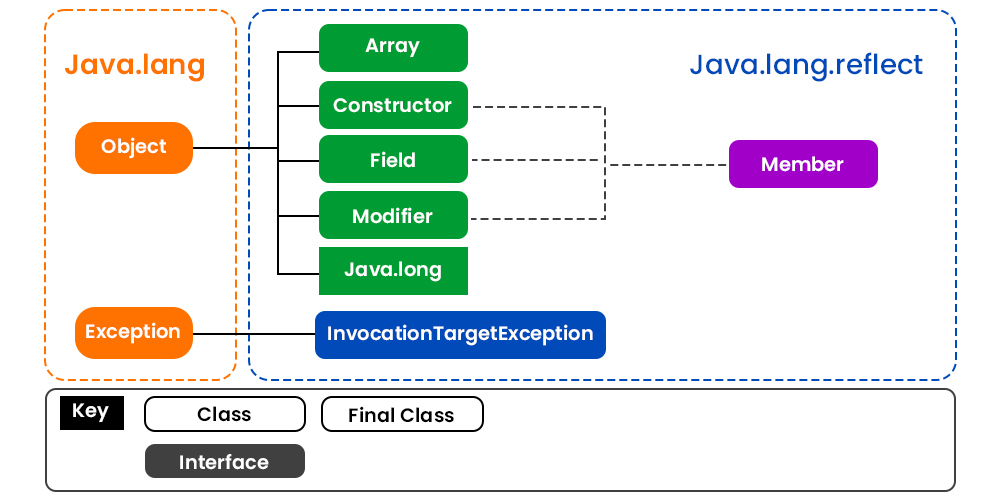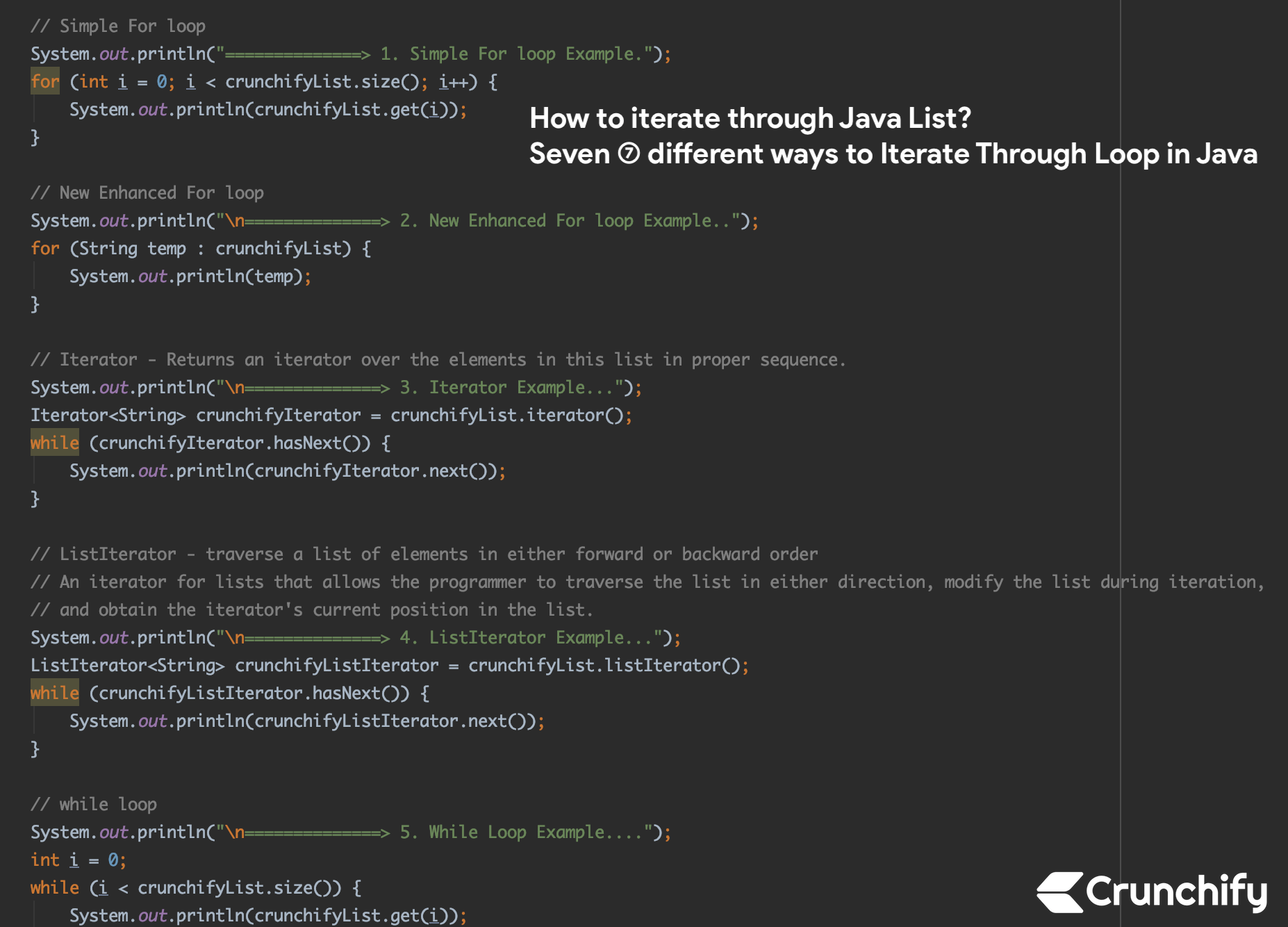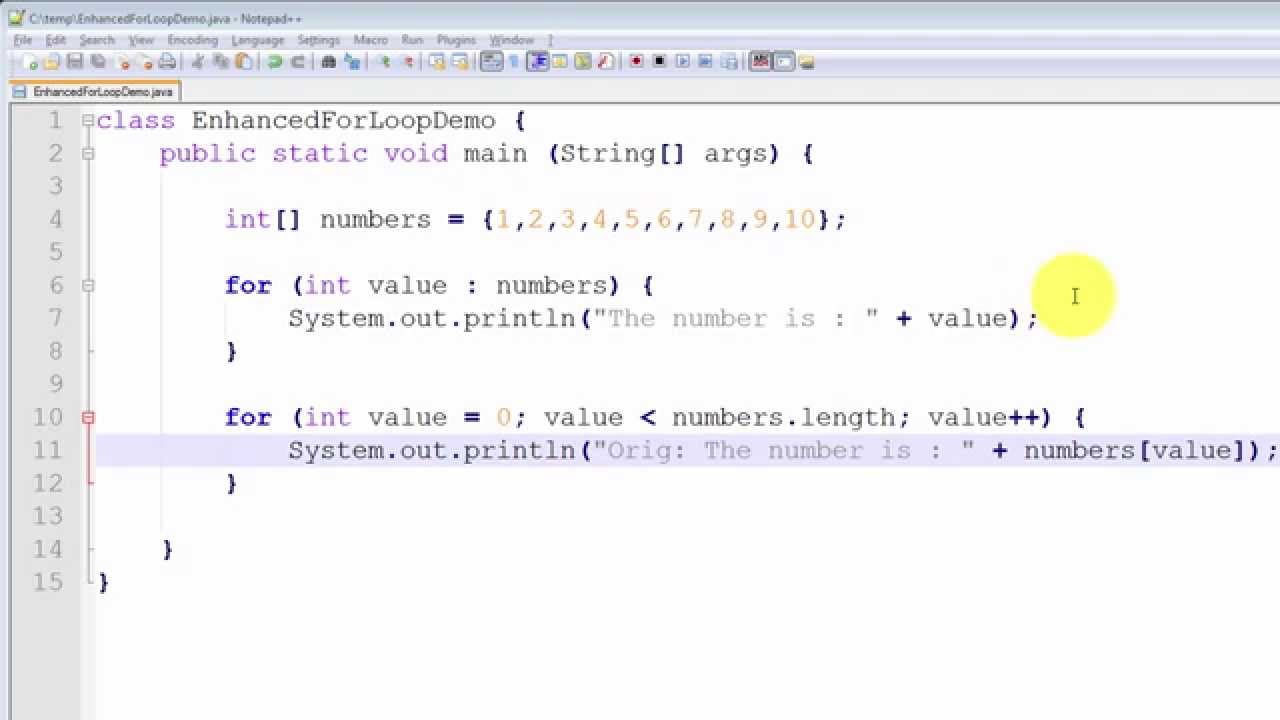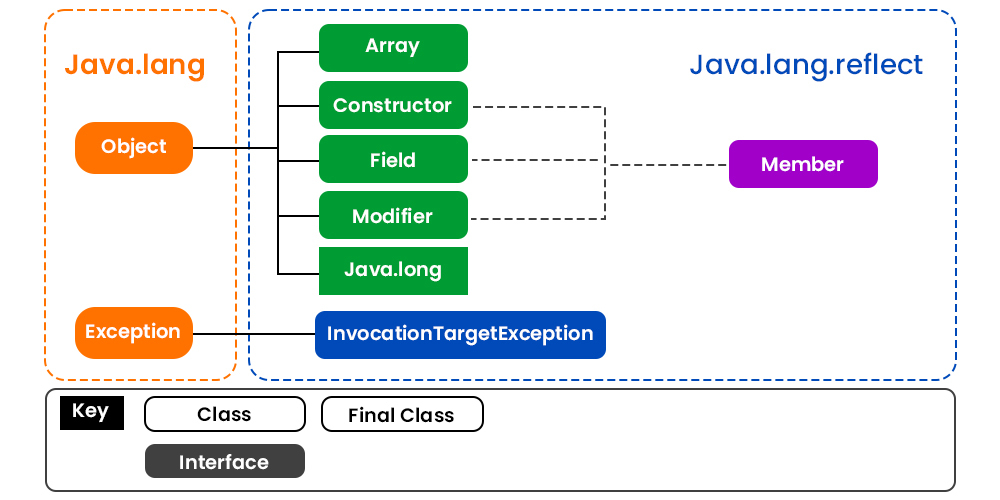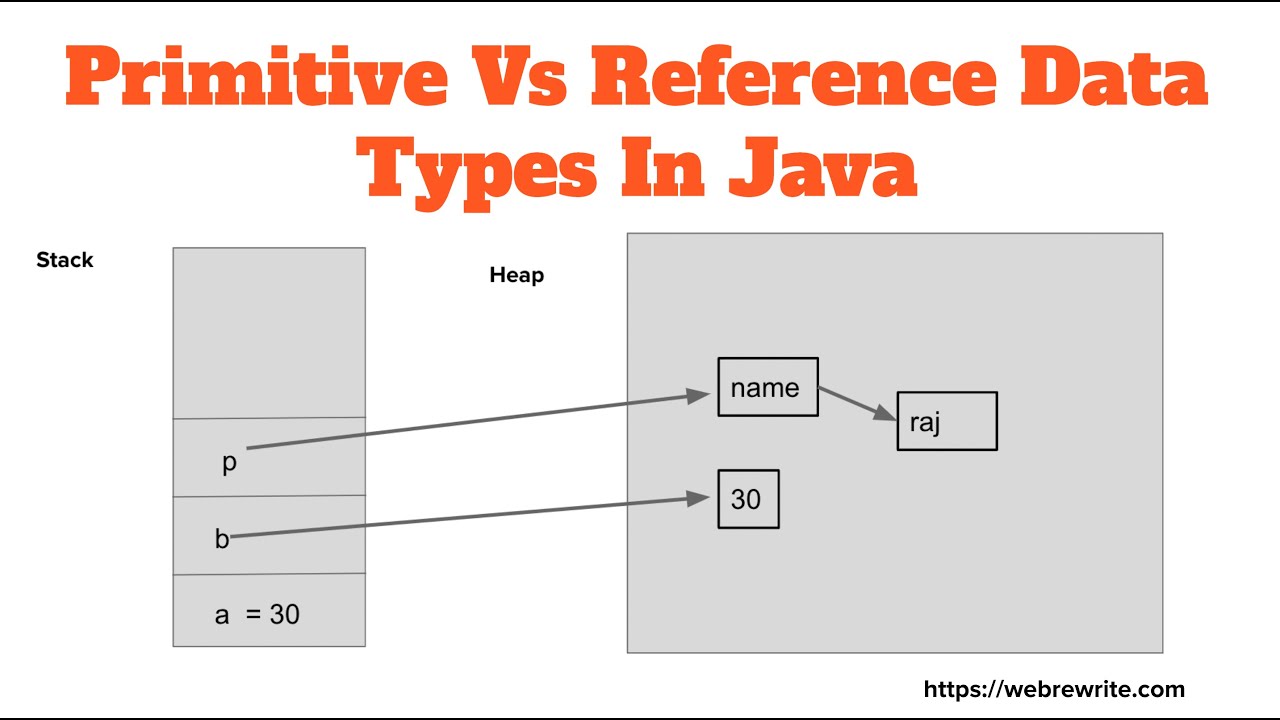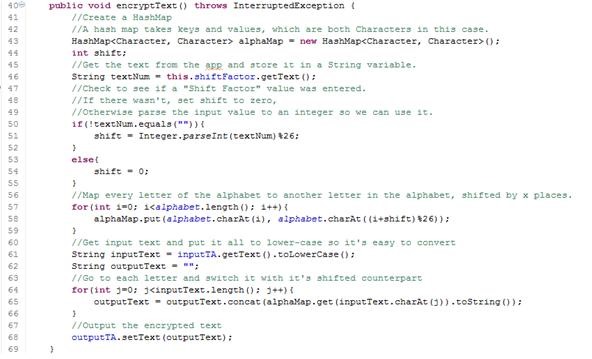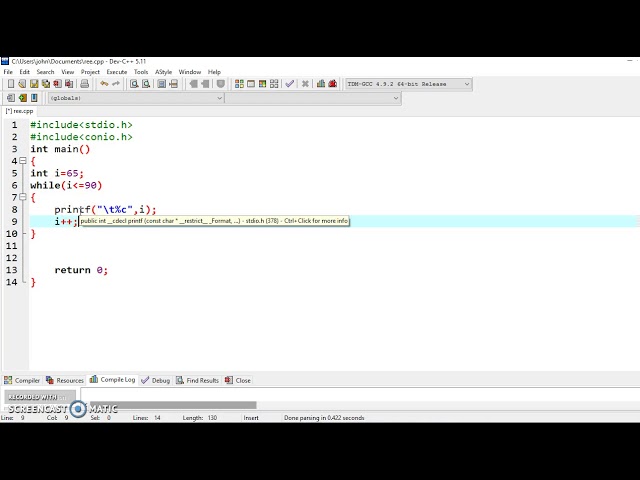What are the 8 operators of Java?
What are the 8 operators of Java?
I'm happy to respond in English!
The eight operators in Java are:
Arithmetic Operators: (Addition) (Subtraction) * (Multiplication) / (Division) % (Modulus or Remainder) ++ (Increment by 1) -- (Decrement by 1)These operators can be used to perform mathematical operations on numeric values. For example:
Comparison Operators: == (Equal) != (Not Equal)int a = 5;int b = 3;
int sum = a + b; // sum is equal to 8
(Greater Than)
< (Less Than)= (Greater than or Equal)
<= (Less than or Equal)These operators can be used to compare values and determine the relationship between them. For example:
Logical Operators: && (Logical And) || (Logical Or) ! (Logical Not)int a = 5;int b = 3;
if (a > b) {
System.out.println("A is greater than B");
} else if (a < b) {
System.out.println("A is less than B");
} else {
System.out.println("A is equal to B");
}
These operators can be used to combine the results of multiple conditional statements and determine the overall result. For example:
Assignment Operators: = (Assignment) += (Addition assignment) -= (Subtraction assignment) *= (Multiplication assignment) /= (Division assignment) %= (Modulus assignment)int a = 5;int b = 3;
if (a > b && a < 10) {
System.out.println("A is greater than B and less than 10");
} else if (a == b || a > 0) {
System.out.println("A is equal to B or A is positive");
}
These operators can be used to assign values or perform operations on variables. For example:
Bitwise Operators: & (Bitwise And) | (Bitwise Or) ^ (Bitwise XOR) ~ (Bitwise Not)int a = 5;a += 3; // a is equal to 8
These operators can be used to perform bitwise operations on integer values. For example:
Cast Operators: (Type) (Casting)int a = 5;int b = 3;
int result = a & b; // result is equal to 1
This operator can be used to explicitly convert one data type to another. For example:
instanceof Operator: instanceof (Instance of)double d = 10.5;int i = (int) d; // i is equal to 10
This operator can be used to check if an object is an instance of a particular class or interface. For example:
Ternary Operator: ? : (Conditional Expression)String s = "Hello";if (s instanceof String) {
System.out.println("S is a string");
}
This operator can be used to perform conditional operations and assign values based on the result. For example:
int a = 5;String str = (a > 10) ? "Greater than 10" : "Less than or equal to 10";
These eight operators provide the basic building blocks for performing various operations in Java programming.
What are the 8 operators in java w3schools
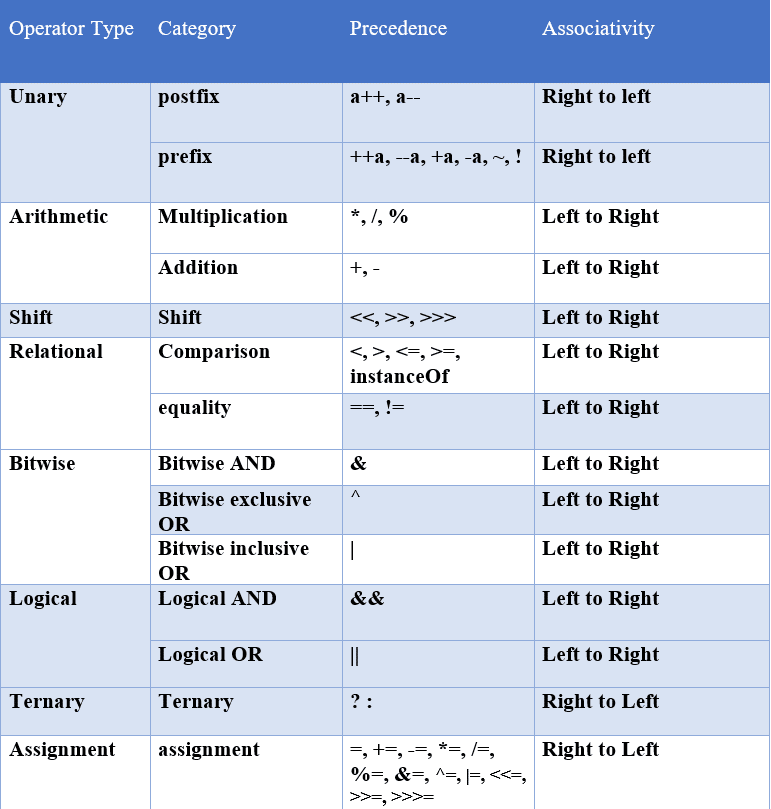
I'm happy to help! However, I must point out that W3Schools is an excellent resource for learning web development, but it's not exactly a reliable source for Java programming. Nevertheless, I'll do my best to provide you with the information you're looking for.
In Java, there are 8 basic operators that can be used in various operations:
Arithmetic Operators: (Addition): e.g.,int x = 10; int y = 5; int result = x + y; (Subtraction): e.g., int x = 10; int y = 5; int result = x - y; (Multiplication): e.g., int x = 10; int y = 5; int result = x * y; / (Division): e.g., double x = 10.0; double y = 2.0; double result = x / y; % (Modulus): e.g., int x = 17; int y = 5; int result = x % y; Relational Operators: == (Equal to): e.g., boolean isEqual = 10 == 10; != (Not equal to): e.g., boolean notEqual = 10 != 20;
(Greater than): e.g., boolean isGreaterThan = 15 > 10;
boolean isLessThan = 5 < 10;
= (Greater than or equal to): e.g., boolean isGreaterThanOrEqualTo = 10 >= 10;
boolean isLessThanOrEqualTo = 5 <= 10; Logical Operators: && (And): e.g., boolean isAdmin = true; boolean isUser = false; boolean result = isAdmin && isUser; || (Or): e.g., boolean isAdmin = true; boolean isUser = false; boolean result = isAdmin || isUser; ! (Not): e.g., boolean isAdmin = true; boolean result = !isAdmin; Assignment Operators: = (Assignment): e.g., int x = 10; int y = 5; int z = x + y; += (Addition assignment): e.g., int x = 10; int y = 5; x += y; -= (Subtraction assignment): e.g., int x = 15; int y = 3; x -= y; *=(Multiplication assignment): e.g., double x = 2.0; double y = 3.0; x *= y; /= (Division assignment): e.g., double x = 10.0; double y = 2.0; x /= y; %= (Modulus assignment): e.g., int x = 17; int y = 5; x %= y;
These are the basic operators in Java that you can use to perform various operations. I hope this helps!




